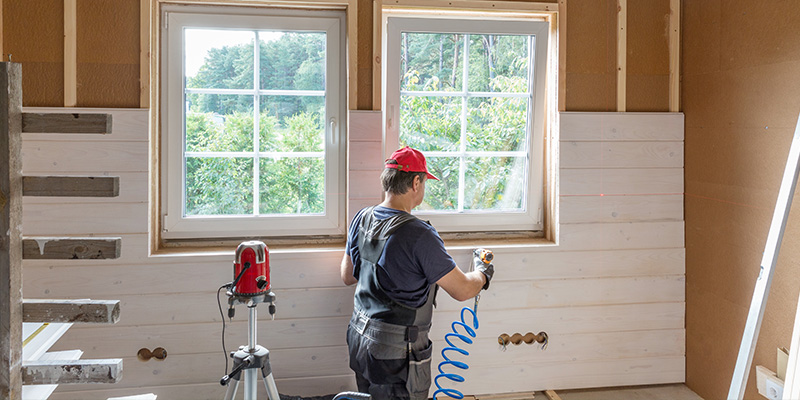
A Complete List of Insulation Products for Commercial and Residential Buildings
There are many different types of insulation products that can get the job done, however, it can be overwhelming to know them all and there are some that are better suited to each project. For example, the type of insulation product for a metal commercial property will differ from the material needed for a barn.
Depending on your objective as a homeowner or a building owner, you may need to use a combination of different insulations to successfully meet your requirements. Some main reasons why people invest in insulation may be for energy-saving reasons, fireproofing, rodent-proofing for better thermal performance, soundproofing or many other reasons. Therefore, finding the best material for insulation will depend on your overall objectives and any constraints you may have.
This article will list out some common forms of insulation that is readily available, helping you to make the correct decision when you begin your project.
1. Fibreglass Insulation
This common and traditional form of insulation is popular due to its versatility, inexpensiveness, performance and installation.
Fibreglass can be a complete insulation solution, able to fit into your attic space, cavities, crawl spaces, and unfinished walls. The material reduces heat transfer and makes an excellent choice for soundproofing.
This product is popular in two forms, loose-fill fibreglass and fibreglass batt insulation. Loose-fill is a blown-in solution, allowing for easy installation into cavities and joists, covering hard-to-reach areas. While fibreglass batts and rolls can be pre-cut and placed into the specific area of need. These batts can also be foil-facing, adding additional thermal insulating properties.
However, this insulation material is not sustainable and environmentally friendly, which can deter homeowners and business property owners.
2. Mineral Wool Insulation
This alternative form of insulation is in fact environmentally friendly, it is composed of around 85% of recycled newspaper and other properties. In order to make this insulation effective, it is readily treated with pest-resistant and/or fire-resistant properties, preventing pests from feeding on the insulation and helping resist fires.
Similar to fibreglass insulation, mineral wool can be pre-cut in sections, blown-in loose fill and additionally in rolls. Mineral wool is commonly presented in its loose-fill form and easily blown into your loft spaces.
Also going by the name “cellulose”, this material is composed of small pieces of paper that, when blown in, can cover many areas with insulation, providing good thermal performance and keeping your energy bills lower.
3. Rigid Foam Board Insulation
This sturdy and robust insulation material is perfect for those looking to have long-lasting insulation installed. Rigid foam board protects against pests/rodents, prevents water build-up and can have great thermal properties. Due to its robust nature, it can be good to use it in spaces where it can also add an extra sense of reinforcement and structural integrity, such as your roof or crawl spaces.
This material also has a Class A fire rating, which makes it specifically optimal for commercial business owners to use and install throughout their projects.
4. Spray Foam Insulation
Last but not least, spray foam insulation. This is a very popular form of insulation, especially for commercial property owners, due to its sustainability, thermal properties and long-lasting effects. This material is a one-stop-shop for your insulation needs and can coat and cover pretty much all areas, whether you need it for roof insulation, cavity wall insulation, floors, crawl spaces or other areas, spray foam can provide a bespoke solution.
Not only does spray foam insulate, but it also air seals, creating a long-lasting insulating effect for your property. This product comes in two forms, open-cell and closed-cell.
The open-cell form of spray foam is great for soundproofing areas, covering hard-to-reach spots, it’s the more inexpensive solution of the two types and it has good thermal properties. It can also expand up to 100x in its original spray state.
Closed-cell foam insulation is a denser type, creating a complete air seal and having extremely beneficial thermal properties. It protects against moisture, being water-impermeable and can also reinforce areas due to its sturdiness.
Spray foam insulation is also good for the environment, however, requires professionals to install the product correctly.
Making the Right Decision
When choosing the best insulation product for your project, you will need to weigh in various factors such as:
- Project cost
- Area needed for insulation
- Building type (commercial or residential)
- Climate where your property is located
- Installation time
These are just some factors that may help you decide on the correct insulation type, however, we recommend a free consultation with one of our insulation professionals, they can help, guide and recommend the best solutions for your project.
You can contact us directly here or call us on 0203 411 5188.


